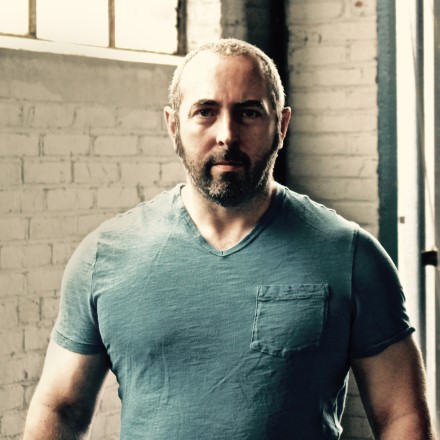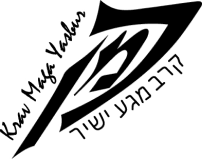I just wrote a blog piece on what it is to be tough and the way adaptability plays into this and I want to give a first-hand witness account as to what toughness actually is. I have a son, Noah, who is six years old. About 3 months ago I realized he was hard of hearing. He now wears hearing aids in both ears. His world has always been one where he understood sound and speech to be of a certain volume – without any training he learnt to lip read to make up for his hearing deficiency. In his world he understood communication to be something where you heard a certain amount and you took visual clues to the rest. Nobody told him that this wasn’t how it was meant to be; he just figured out how he needed to communicate and adapted to the situation. For Noah, everybody communicated this way. This was his world.
He now has hearing aids and his world is starting to reflect ours. Children often give us the best demonstration as to what being tough is actually about. The first thing is that they don’t question, they just do what is necessary. In survival situations, where children get lost in the woods etc, those under 6 have some of the best rates of survival e.g. they sleep when they’re tired, eat and drink when they’re hungry and more importantly they don’t recognize that there is an environment that exists beyond the horizon/the one they can see – children over 6 and adults often exhaust themselves trying to reach something they can’t see. Noah didn’t imagine another world he simply learnt to deal with the one he was in/could see. Acceptance of your situation is a key survival skill. When you face violence there isn’t a world beyond that which is facing you, there is just a situation to deal with.
Resilience is the positive outcome of adaptability. Learning to work with what you have and maximize it to face and effect the situation is a key survival skill. If you can’t listen, watch. Deprived of one sense, Noah learnt to use another. Some of us are athletically fast and powerful others of us aren’t, so we need to learn other survival skills: we need to lip read where/when we can’t hear. Not all of us can engage in a toe-to-toe fight etc, some of us are better at playing a “stun and run” game, where we attack/hit and run etc. Everything is about being able to naturally adapt to the situation.
In training we must keep challenging and upping the intensity etc. This Friday, Myself and Noah went to Mass Eye an Ear to try and find out the cause of his hearing loss e.g. did it develop or was it inherent. Apparently, there is a genetic condition in Ashkenazim Jews (myself and my wife are of this descent), where their child can is prone to and can develop both hearing loss and at a later date loss of eyesight. Being able to adapt and manage to this is a real mark of toughness. There are 3 types of loss, and I hope, beyond hope, that Noah will not lose eyesight as well as hearing but I will also know that in his world that what he experiences is normal. We have a lot of tough people within our school, who accept the training and adapt to it; who understand the knocks and bruises they'll take without mentioning them and who trust that the world that is created for them on the mats is a safe and normal one. This is all about being tough. Simply giving and taking a beating is not about being tough.
I grew up in a “tough” environment, where my dad – like many others – spent time in prison etc, and I learnt to adapt and manage my situation; I thought it was normal (tht was my world). This is what being tough is about, being able to adapt to what the situation(s) you face without losing who you are within it, and accepting the extremes you face as being normal e.g. no big deal. It is possible to make a big deal out of everything e.g. a trip to the shops can be spun to be the most extreme thing etc. Sometimes we just have to accept that the situations we face are what they are and it's up to us to manage and deal with them. Violence may seem extreme however it is our choice to see it for what it is, put it in its plce, and manage it.
We will meet on the mats this week, and we will all have the opportunity to be tough; that is we can train to the situations/partners we face and adapt accordingly or we can carry on doing what we do regardless.
Share:

Gershon Ben Keren
2.8K FollowersGershon Ben Keren, is a criminologist, security consultant and Krav Maga Instructor (5th Degree Black Belt) who completed his instructor training in Israel. He has written three books on Krav Maga and was a 2010 inductee into the Museum of Israeli Martial Arts.
Click here to learn more.
